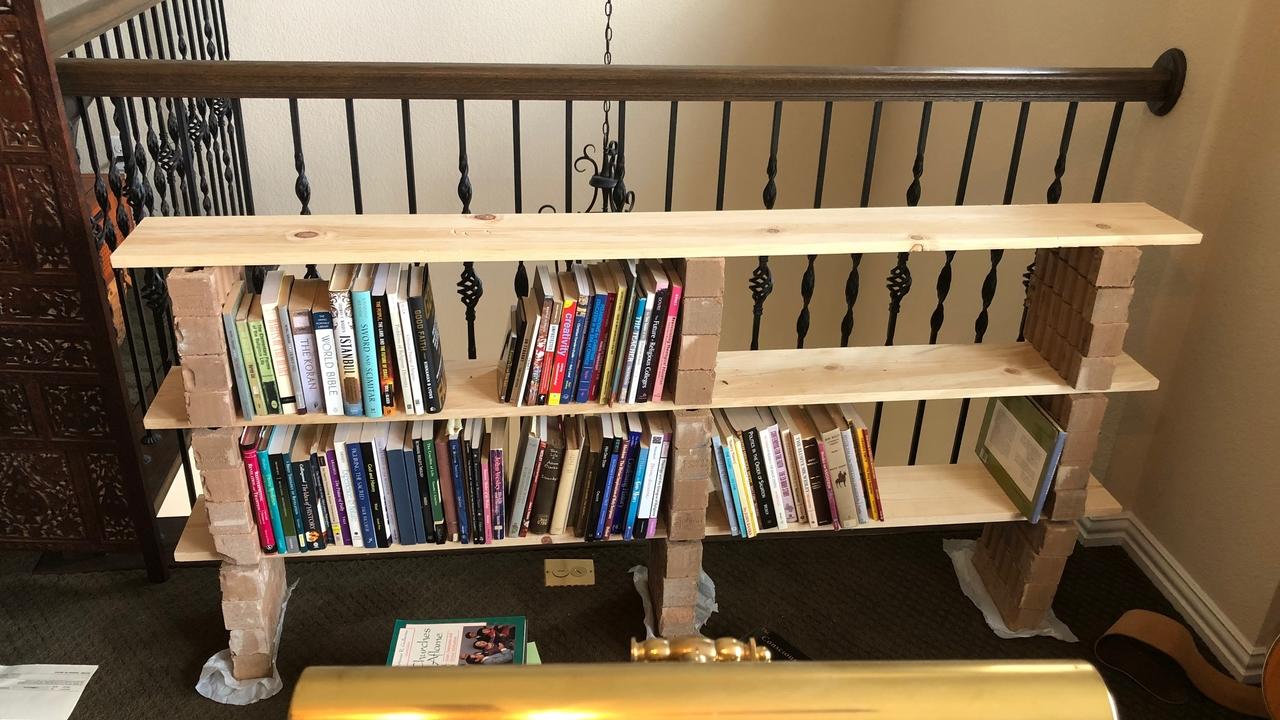Pressing On
[ the blog of the Spiritual Maturity Project ]
Epistemic Healing: (A Bit of) My Own Story

I clearly remember the day one of my seminary professors told a group of us students chatting with him, "Our job is to tear down your Sunday School faith so that you can build up a more adequate faith." It sounds harsh, but he meant it quite sincerely and with strong regard for students. Individually, professors were almost uniformly supportive, while holding us to a high performance standard. Nonetheless, the institutional culture exhibited an intellectual violence for which the language of tearing down is quite appropriate. I began to think of the seminary experience that many mainline Protestant pastors-to-be had as like clipping the wings of a bird and then demanding that it fly.
To my never-ending surprise, the time since seminary has grown exceedingly long, yet I have continued to think about the experience, with very mixed feelings. I appreciated (and still do) the exposure to a number of thought systems that I would not have encountered in the same way or to the same degr...
Epistemic Healing: The Prequel?

I want to tell you about a phrase that has been rolling around in my head for a long time. It's an odd one that mostly academic types would use, but I think it is apt for people outside the academy to know. I call it "epistemic healing." Let me explain.
"Epistemic" comes from a Greek word, episteme, which means "science" or "knowledge." ("Science" comes from a Latin word, scientia, which also means "knowledge.) Epistemology is the field of philosophy that carefully examines how we know what we think we know.
We use the term "know" in several ways. If I say, "I know you," I mean that I am personally acquainted with you. I recognize your appearance and your mannerisms. I can pick you out of a crowd. If I know you well, I can read your facial expressions and body language and tone of voice and know to some degree what you're thinking even before you say it. Good friends know each other at this level, as do spouses and near family members.
I can also say that I know history....

